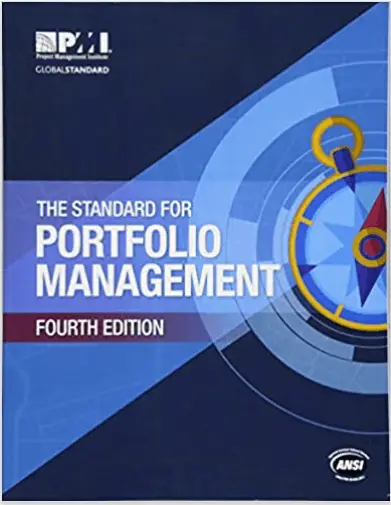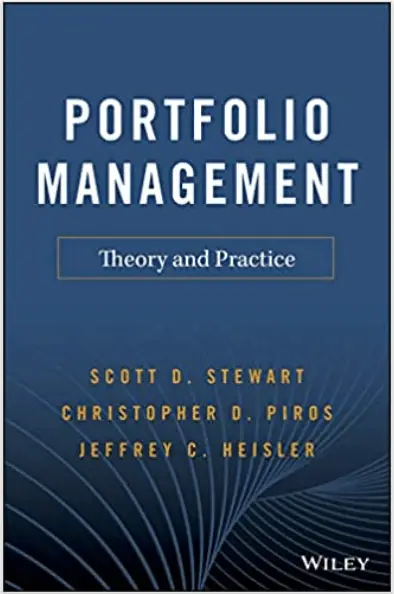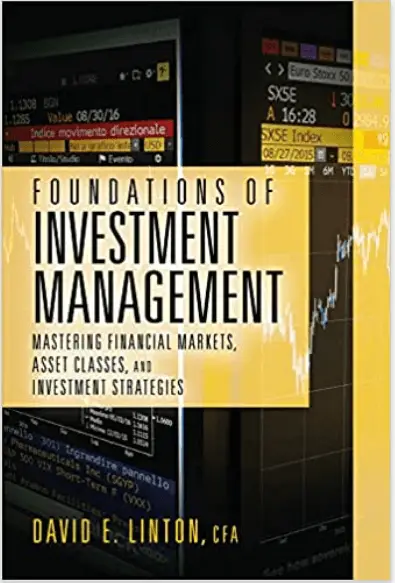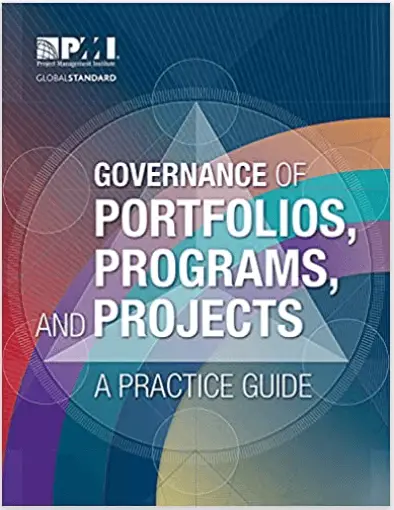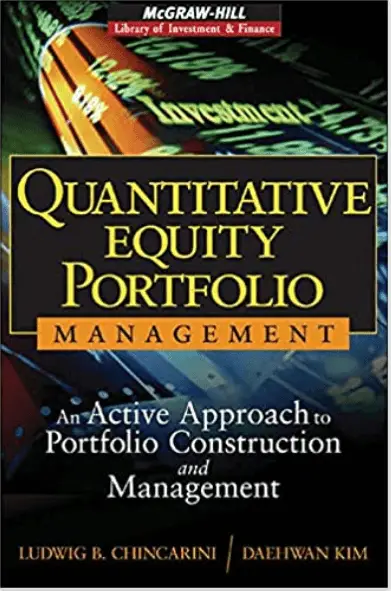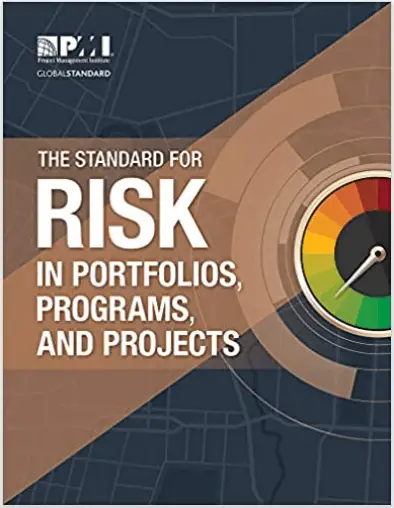The importance of Portfolio Management in the modern day and age cannot be undermined. There are several different aspects that are involved when managing products, and there is a need for all Portfolio Managers to make sure of the fact that they are up to date with the relevant techniques that can ensure that they are able to manage the overall portfolio in an effective manner. There is plenty of literature and resources available that can ensure that a necessary skillset is developed when it comes to Portfolio Management.
Here is a list of the Top 10 books of Portfolio Management that are likely to help you learn more and more about Portfolio Management, and how to make sure that maximum effectiveness is achieved.
Disclosure: This article includes affiliate links. As an Amazon associate participant, I earn a small commission on any qualifying purchase if you click the link and decide to make a final purchase through any affiliate links.
#1. Modern Portfolio Management: Moving Beyond Modern Portfolio Theory 1st Edition – by Todd. E. Petzel
The fact that this book is authored by investment executive and advisor Dr. Todd E. Petzel is a testament to the fact that this book would contain valuable knowledge pertaining to the subject matter. Rightfully so, this book highlights how modern portfolio theory connects with the development-related fields in Behavioral Finance.
Similarly, it also aims to settle the difference between passive and active management which is subsequently used in order to set long-term goals, and objectives. The inclusion of perspectives, as well as other perennial issues including corporate governance, manager turnover, and fraud risks, as well as ESG investing.
#2. The Standard for Portfolio Management Fourth Edition – By Project Management Institute
This particular book covers ground pertaining to the current state of portfolio management. In the same manner, it describes the principles that drive accepted good portfolio management practices in the modern day organizations. Similarly, it also focuses light on portfolio management, as well as other descriptions that reflects its relation to organizational project management as well as organization.
#3. Advanced Portfolio Management: A Quant’s Guide for Fundamental Investors – by Giuseppe A. Paleologo
This particular book focuses on fundamental equity analysts, as well as portfolio managers, present as well as future. The underlying emphasis pertains to portfolio theory, and risk management, which is mostly grounded in sound theory, which is subsequently tested by portfolio managers.
Therefore, the book focuses on creating and subsequently implementing ideas that are strategically stronger and can be applied in the modern day setting to extrapolate better results. In the same manner, there is also sufficient emphasis relating to understanding different investment schemes, sizing the cash positions, as well as maintaining the risk profile for various different profiles.
#4. Portfolio Management: Theory and Practice – Scott D. Stewart
This book is an authoritative guide directed towards those individuals that want to manage money in a more professional manner. Therefore, this book mostly pertains to advanced multi-period portfolio methods to all the major asset classes. Additionally, it also highlights the need to design, test as well as implement investment-related processes.
Furthermore, they work on grasping the theoretical foundations of major investment-related tools. Hence, this book contains in-depth, technical information and knowledge pertaining to different asset classes, as well as other relevant investment processes.
#5. Quantitative Portfolio Management: The Art and Science of Statistical Arbitrage 1st Edition – by Michael Isichenko
This book includes several different techniques pertaining to Portfolio Management, relating to machine learning methods of stock forecasting, as well as functioning in the efficient markets. In the same manner, it also includes several different forecasts pertaining to single models by using machine learning, dimensionality reduction, as well as other methods.
Therefore, this book covers fairly technical grounds, integrated with technology in order to provide the readers with a complete experience pertaining to investments, and other data-driven modules. This, therefore, helps users to create systems based on better practices, and management, in terms of ensuring and subsequently determining the way forward.
#6. Foundations of Investment Management: Mastering Financial Markets, Asset Classes, and Investment Strategies – by David E. Linton
The book titles Foundations of Investment Management covers grounds pertaining to navigating today’s complex financial instruments, as well as other investment opportunities. Furthermore, it also includes information pertaining to stocks, bonds, and other alternative investment options that are backed by staunch academic research.
Similarly, it also defines other fund structures, including the growth of the mutual fund industry, and subsequent advantages and disadvantages of comingled vehicles and other details. Therefore, this book includes all the strategies that can help portfolio managers make decisions based on the information subset that they have available.
#7. Governance of Portfolios, Programs, and Projects: A Practice Guide – by Project Management Institute
This book is highly resourceful from an organizational standpoint because it sheds light on portfolios, programs, as well as other projects that are important pertinent to the organization’s programs and projects. It puts an emphasis on the implementation of effective governance-related frameworks, which can be regarded as challenging pertaining to increasing business complexities, regulatory requirements, globalization, as well as other miscellaneous changes in the business environment.
Hence, this book can be considered as one of the most important portfolio management-related policies, relating to governance, as well as different government-related schemes and other subsequent factors that determine the overall financial outlook.
#8. The New Dynamic of Portfolio Management: Innovative Methods and Tools for Rapid Results – by Murali Kulathumani MBA
This book mostly aims to deliver knowledge pertaining to portfolio management with a fresh lens and approach, relevant in the modern day fast-paced business era. This book, therefore, aims to explain how efficient portfolio management can be attained using a back-to-basics approach. Furthermore, it also helps to explain how platforms can be managed using software called Smartsheet. Therefore, this book covers ground related to portfolio governance, and how this can be managed in an effective manner using innovative tools and real-time data analysis.
#9. Quantitative Equity Portfolio Management: An Active Approach to Portfolio Construction and Management (McGraw-Hill Library of Investment and Finance) 1st Edition – by Ludwig B Chincarini & Daehwan Kim
This book covers ground pertaining to investment strategies, including modern day tools for creating equity tools that maximize returns and minimize risks. Furthermore, there is information present relating to the optimization of the portfolio stocks, using modern day optimization techniques. The inclusion of real-world case studies also makes the theoretical frameworks more applicable, and relevant to the actual field of study.
#10. The Standard for Risk Management in Portfolios, Programs, and Projects
This book sheds light on certain events that are created pertaining to project, program, as well as portfolio objectives. Therefore, after reading this, the readers are expected to have a stronger grasp on the core principles of risk management, including the fundamentals, as well as other factors involved that help to define the risk management life cycle.
It also includes different risk management cycles, which are likely to impact the overall portfolio, and related outcomes. Despite the fact that this book is directed towards portfolio and other program managers, yet it can also be considered to be a useful tool pertaining to leaders, as well as business consumers of risk management, and other stakeholders.


